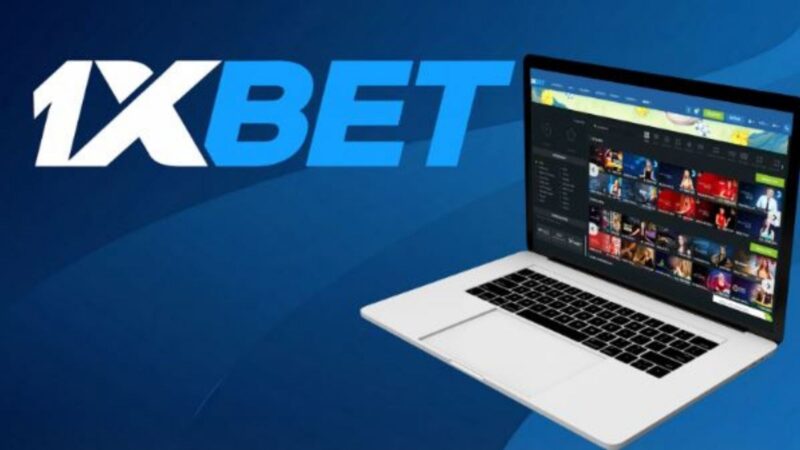
The casino industry remains prominent in the ever-evolving online entertainment landscape. It offers thrills and excitement through real-money wagers, roulette spins, and virtual card games to millions of players worldwide. However, with stringent regulations and legal complexities shadowing online casinos, the industry is at a crossroads, prompting a transformative shift towards a new standard.
While some countries have embraced online casinos and established clear licensing and taxation structures, others remain hesitant or even maintain outright bans. These inconsistencies continue to drive the online gambling industry to evolve. This article will explore the rise of social Casinos, a fascinating evolution of the online gambling experience that thrives within the constraints of the current regulatory environment.
Evolution of Online Casinos
Imagine the excitement of playing your favorite Casino games in Las Vegas, only you’re at home and in your pajamas! That’s what online Casinos offered in the 1990s. These early platforms were revolutionary – you could play classic games like slots, blackjack, and roulette from your computer with real money. It was a whole new way to experience the thrill of the Casino. However, it could have been smoother sailing, as legal restrictions became a big headache. Take the United States, for example. According to OnlineUnitedStatesCasinos.com, Pennsylvania is one of the few states that has legalized online casinos, while others continue to grapple with the legal and social implications. Unlike real casinos with clear rules, online gambling faced a confusing patchwork of laws depending on where you lived. This made things tricky for both the casino companies and the players.
Another hurdle was paying for your online bets. Banks weren’t always comfortable handling money for online gambling, making depositing and withdrawing your winnings safely tricky.
Emergence of Social Casinos
Traditional online casinos were a hit, but strict laws and wonky payment options left them scrambling. Then came social casinos to change the game.
Unlike their traditional counterparts, social casinos don’t involve real money wagers. Instead, they offer virtual currency for players of their favorite casino games. Think of it as playing with chips at a friend’s home Game Night—it’s all about the fun and competition, not the financial risk and potential gains. This shift towards virtual currency opened doors for social casinos in ways traditional online casinos couldn’t. Legal restrictions have become less of a hurdle, and forget the headaches of bank transfers as social casinos are readily available on app stores that typically restrict real-money gambling apps.
Gamification and Social Interaction
Traditional online Casinos might have the glitz, but social casinos bring the gamification magic. Imagine earning badges for hitting jackpots, climbing leaderboards to become the virtual casino kingpin, and showering your friends with virtual gifts.
These features keep players hooked and add a new layer of excitement to the experience.
Social Casinos don’t stop there. They thrive on social interaction, enabling you to connect with friends, compete in tournaments, and share virtual wins. It’s like having a never-ending casino night with your buddies, minus the travel expenses and fancy clothes.
Legal and Regulatory Considerations
One of the most significant advantages of social casinos is the relative ease with which they navigate the world of legal regulations. Unlike traditional online casinos that accept real money wagers, social casinos operate with virtual currency. This sidesteps the complex legal issues that vary drastically by region. However, this doesn’t mean that social casinos are a free-for-all. They must still comply with gambling regulations related to advertising and responsible gaming practices.
Impact on Revenue and Market Growth
While social casinos don’t involve real money wagers, they’ve become a booming industry. So, how do they rake in the dough? Here’s how:
- In-App Purchases: Players can buy more virtual currency to keep the games going. Think of it like buying extra chips at a casino night.
- In-App Advertising: Some social casinos might display targeted ads within the app, generating revenue without impacting the free-to-play core gameplay.
Social casinos can act as a gateway. Players who enjoy the virtual experience might be more likely to explore real-money online casinos in regions where they’re legal, creating a more extensive potential customer base.
Future Trends and Opportunities
Social casinos have carved a niche in online entertainment, but what could be next? Here’s an exciting peek into the future:
- Tech Integration: Imagine playing virtual poker with friends in VR casinos or using augmented reality to project roulette wheels onto your living room table. Technological advancements could create even more immersive and interactive social casino experiences.
- Evolving Gamification: The gamification magic won’t stop! Expect to see social casinos incorporate even more engaging features like storylines, character customization, and social quests to keep players hooked.
- Monetization Strategies: Social casinos will likely continue to explore new in-app purchase options for exclusive virtual items, power-ups, or cosmetic upgrades.
Challenges and Obstacles
Here are some potential challenges social casinos could face in the long run;
- Regulation: While virtual currency offers some legal advantages, it could be more foolproof. Regulatory bodies may need to adapt to address potential issues like excessive in-app purchases or the social influence on gambling behavior.
- Player Engagement: Keeping players engaged in a free-to-play environment is a constant battle. Social casinos must continuously innovate and offer fresh content to maintain user interest.
- Competition: As the social casino market grows, competition will intensify. Standing out from the crowd with unique themes, engaging features, and strong social communities will be crucial for success.
Frequently Asked Questions
What are Social Casinos?
Social casinos are online games that simulate real casino experiences like slots, blackjack, and poker.

Unlike traditional online casinos, you don’t play with real money. Instead, you use virtual currency to place bets and have fun.
Are Social Casinos Legal?
Generally, yes. Since you’re not wagering real money, social casinos tend to bypass complex gambling regulations, which are legal in many regions.
Can Social Casinos Lead to Real-money Gambling?
Potentially. The excitement of social casinos might make players curious about real-money online casinos in regions where it’s legal. However, social casinos themselves don’t currently involve real money wagers.
Conclusion
Social casinos have emerged as a worthy alternative to online casinos. They’ve sidestepped legal hurdles and become a thriving industry by offering a fun and engaging casino experience with virtual currency.
With their focus on gamification, social interaction, and continuous innovation, social casinos are poised to keep growing, shaping the future of online entertainment for players seeking a thrill without the risk.











